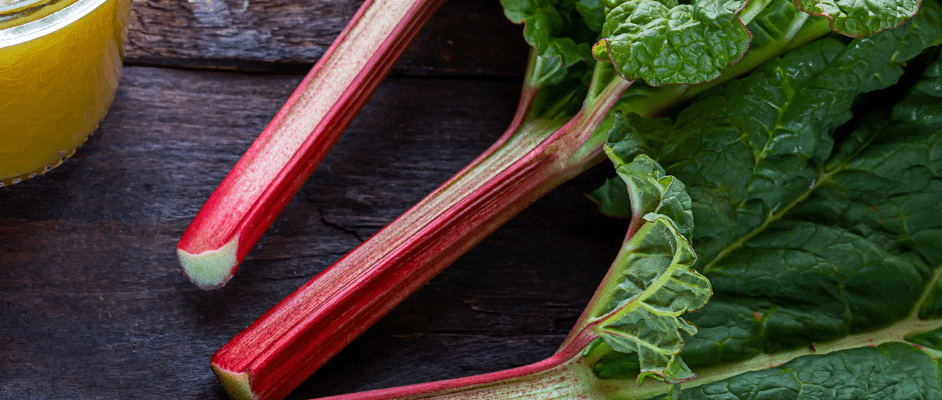Chinese rhubarb root

The Chinese rhubarb root is rich in vitamins C, A, K, and B, as well as minerals such as potassium, calcium, and magnesium, all of which contribute to the health of the immune system, bones, nervous system, and muscles.
Benefits Effects
Chinese rhubarb root has numerous health benefits, notably supporting the digestive system with its laxative and anti-inflammatory properties. Additionally, its antioxidant effects protect the liver and aid bile flow, while its antibacterial properties help maintain the balance of gut flora. Furthermore, it may contribute to lowering cholesterol levels, supporting cardiovascular health.
Uses
- Teas and Decoctions: Often used in teas or decoctions to harness its digestive and anti-inflammatory benefits.
- Capsules and Extracts: Available in capsule and extract forms for precise dosing and regular use.
In the Kitchen
- Rhubarb Jam: Cooked with sugar and sometimes a bit of lemon juice to make a delicious jam, which can be spread on bread or used as a filling for pastries.
- Rhubarb Syrup: The stalks are cooked with sugar and water, then strained. The resulting syrup is diluted with water or soda for a refreshing drink.
- Rhubarb Salad: Fresh, raw rhubarb stalks are thinly sliced and added to salads for a tangy flavor.
Interesting Fact
In the 1700s, rhubarb made its way onto the European map. The first European countries where it became popular for cultivation were Great Britain and France. The English and French highly valued rhubarb for its taste and medicinal properties.
Discover our CholaDrops product, which features this special herb!
